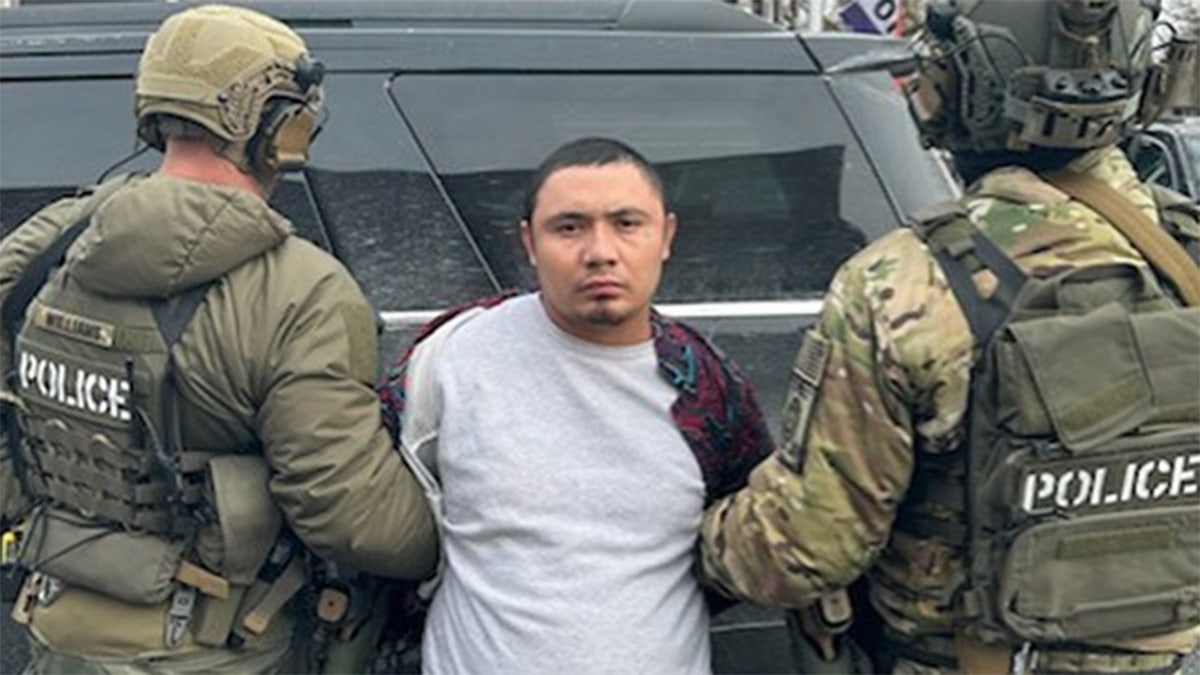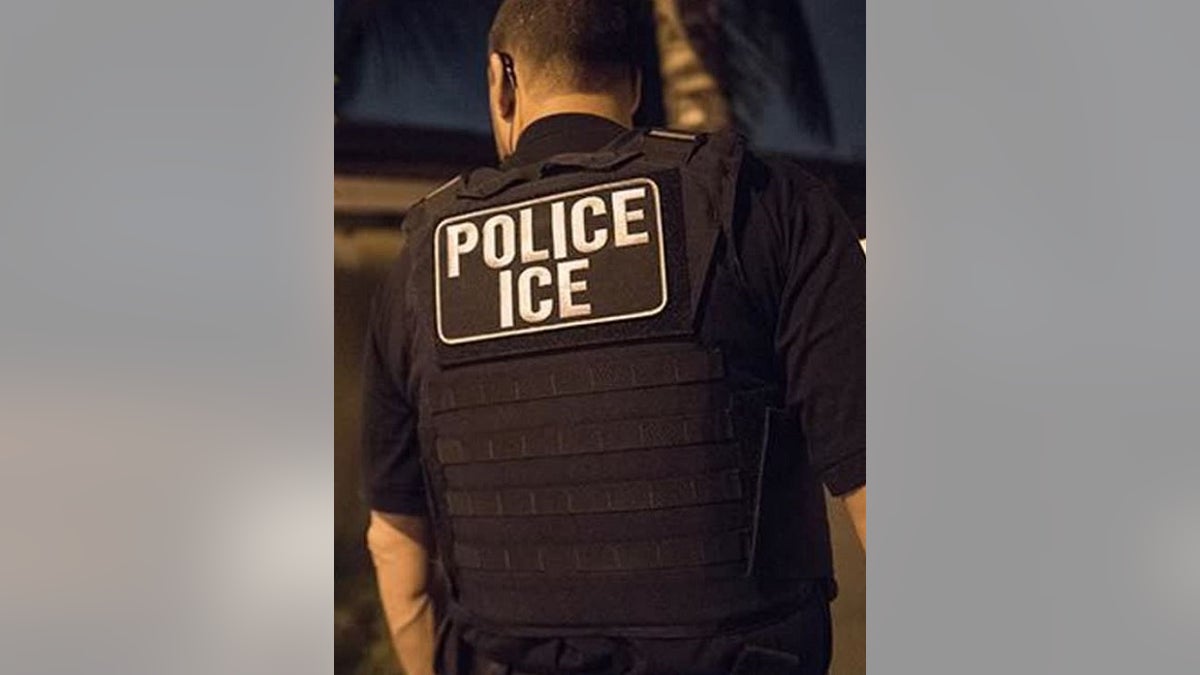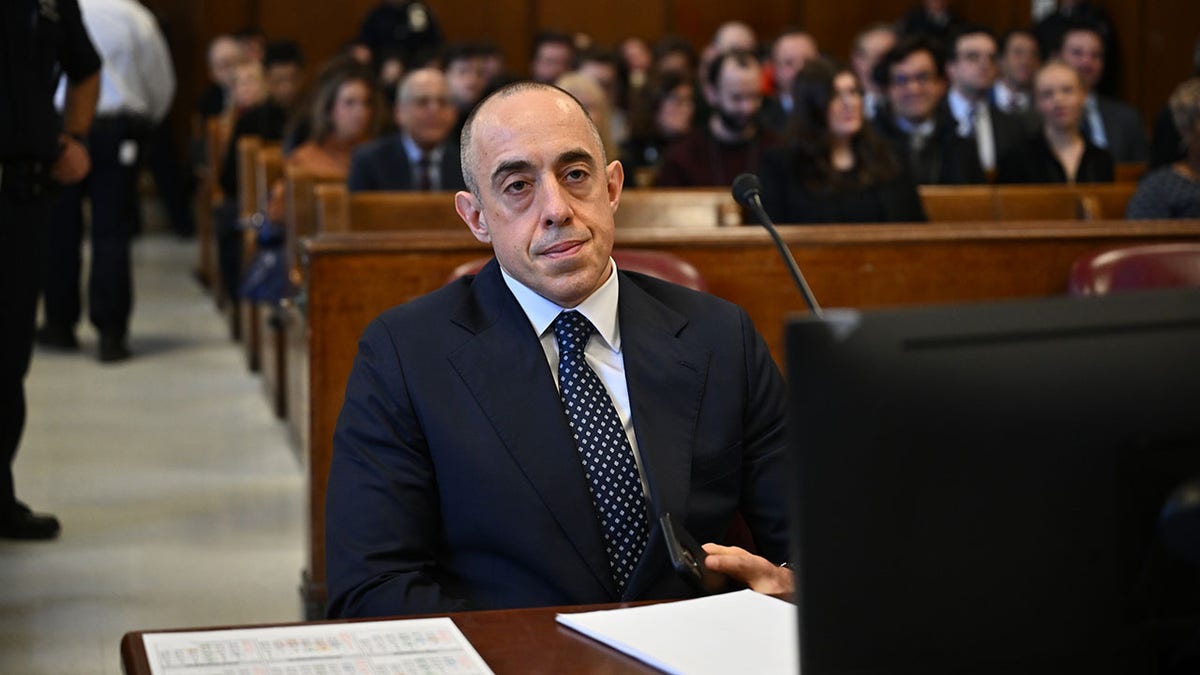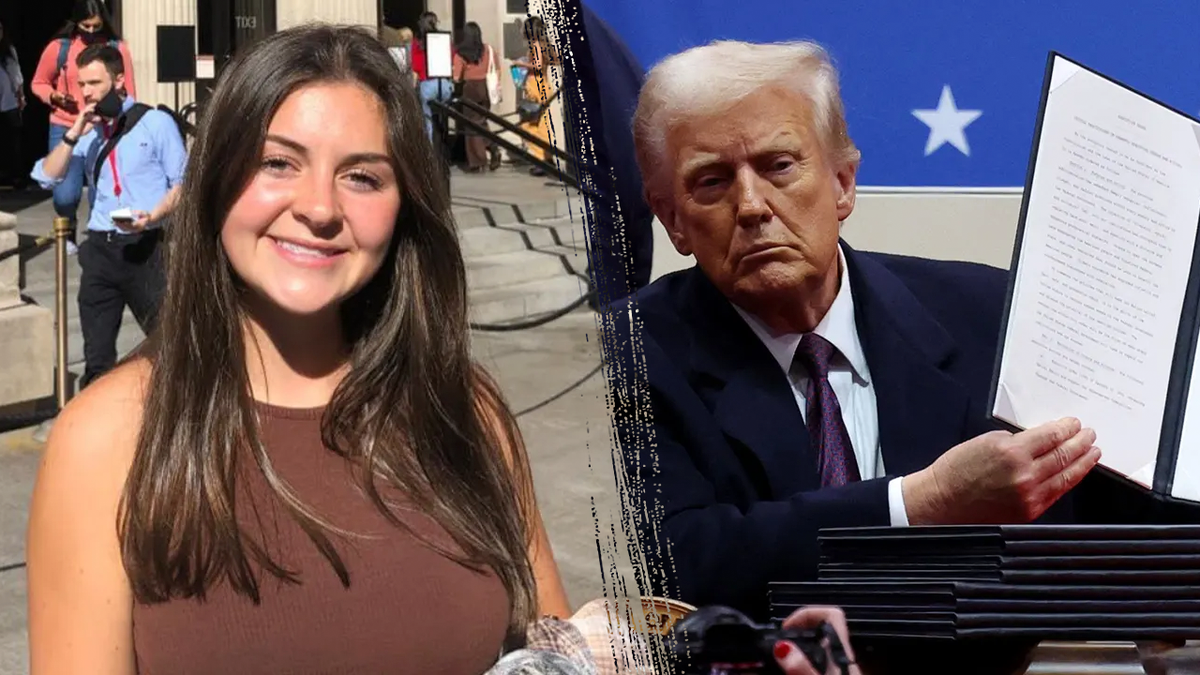A clash is brewing between federal authorities and a New York sheriff over the release of an undocumented immigrant with a criminal record. Acting Deputy Attorney General Emil Bove, a former member of President Trump's legal team, announced a federal investigation into Tompkins County Sheriff Derek Osborne's decision to release Jesus Romero-Hernandez, despite an active federal warrant. Romero-Hernandez, a Mexican citizen, has been deported six times previously.
The incident highlights the ongoing tension between federal immigration enforcement and local sanctuary policies. Sheriff Osborne maintains he acted in accordance with local and state laws, while the DOJ contends that the release endangered law enforcement and obstructed federal operations. Ithaca, the county seat and home to Cornell University, is a sanctuary city, with policies limiting local law enforcement cooperation with ICE.

The DOJ emphasized its commitment to upholding federal immigration law and challenging sanctuary city policies that impede enforcement efforts. Bove issued a national directive last month instructing prosecutors to investigate local officials who obstruct immigration enforcement. This directive underscores the administration's focus on stricter immigration policies and its intent to hold local authorities accountable.
The case has also raised concerns about campus safety, particularly in sanctuary cities. Romero-Hernandez's arrest in Ithaca, home to Cornell University, follows the high-profile murder of University of Georgia student Laken Riley by an undocumented immigrant. Security experts stress the need for increased campus security measures to protect students in these environments.

The recent passage of the Laken Riley Act, signed by President Trump, further strengthens federal immigration policies and allows state attorneys general to sue the federal government for harm caused by immigration enforcement failures. This legislation signals a significant shift in immigration policy and aims to address concerns about the impact of sanctuary cities on public safety.

Legal experts weigh in on the complexities of the case, highlighting the interplay between federal and state laws regarding immigration enforcement. The 48-hour rule for ICE custody after state charges are cleared and the potential liability of local authorities if released individuals commit further crimes add further layers to the legal debate. The conflict between federal authority and local sanctuary policies is likely to continue to be a source of contention.



Comments(0)
Top Comments